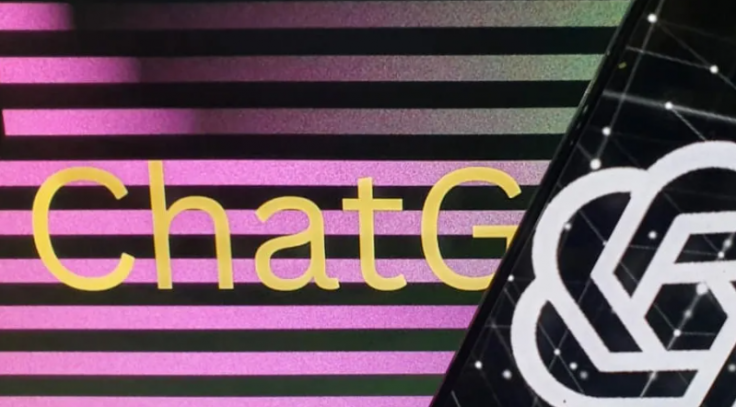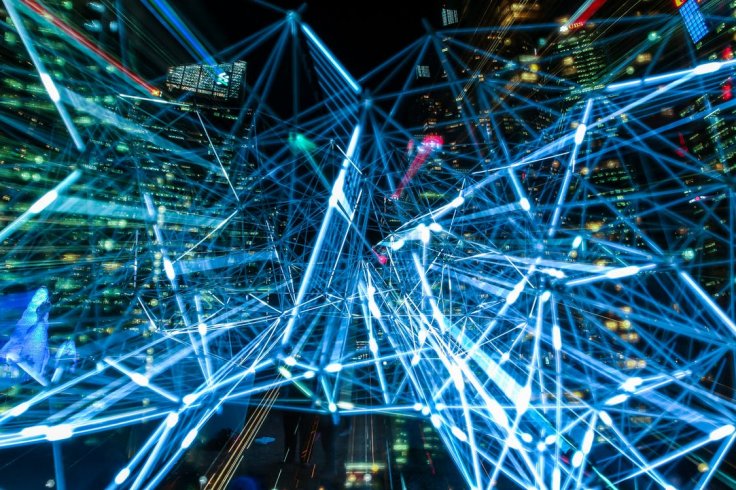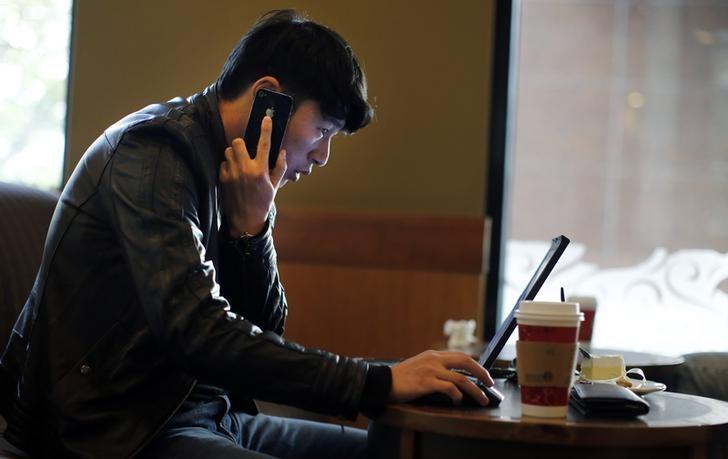Chinese cyberspace regulators have issued draft regulations for managing generative artificial intelligence in the wake of increasing popularity and booming investment in the segment following the buzz made by OpenAI's ChatGPT.
Many Chinese tech companies have either revealed their generative AI tools, or are working on such products. Search engine giant Baidu unveiled its artificial intelligence-powered chatbot known as Ernie in March.

Baidu in the Lead
Baidu led Chinese tech startups in the race to develop a rival for Microsoft-supported ChatGPT and similar generative AI tools by other global giants, including Google's ChatGPT rival Bard. Ernie bot is based on AI-driven deep learning model titled as 'Enhanced Representation through Knowledge Integration'.
Even as the Chinese government unveiled draft rules outlining the administration of generative AI services, China's Internet giant Alibaba Group Holding revealed its generative AI model. Alibaba said its AI large language model named Tongyi Qianwen, will be integrated into all of the company's apps.
According to China Daily, the draft was drawn up in line with the Cybersecurity, Data Security, and Personal Information Protection laws as well as administrative rules.

Interestingly, among other stipulations, the draft specifically says that the content generated by the AI tools should adhere to 'core socialist values' of the Chinese Communist Party.
Strict Rules
"The draft underscores that content generated by AI must not subvert State power, incite overthrowing the socialist system, secession or the destruction of national unity," the Daily says. "Content created involving terrorism, extremism, ethnic discrimination and hatred, violence, pornography and fake information is also prohibited, as is anything that might disturb the economic or social order," it adds.
The Chinese watchdog said the public can offer comments and suggestions on the proposed rules until May 10.
The release of OpenAI's ChatGPT in December last year stunned the artificial intelligence followers as it could carry out a multitude of tasks including writing essays, solving mathematical questions, writing software codes and even creating games, all by uncannily mimicking human behavior.
Regulatory Moves in Other Countries
Following the buzz the tool created, Google parent Alphabet said it was boosting its AI research. Microsoft also announced plans to make huge investments in the artificial intelligence field, suggesting huge competition in the field.

Countries around the world are formulating policies to regulate the new tool. On Monday, Japan has signaled wider adoption of ChatGPT. The development comes amid concerns by Japanese corporates about the integration of the game-changing AI tool into their work. Following a high-profile meeting between OpenAI chief executive Sam Altman and Japanese Prime Minister Fumio Kishida, senior officials said Japan will approve the wider use of the chatbot if privacy and cybersecurity concerns are resolved.
The latest move from Tokyo assumes significance in the backdrop of Italian authorities temporarily banning the use of ChatGPT owing to concerns over data privacy issues.









